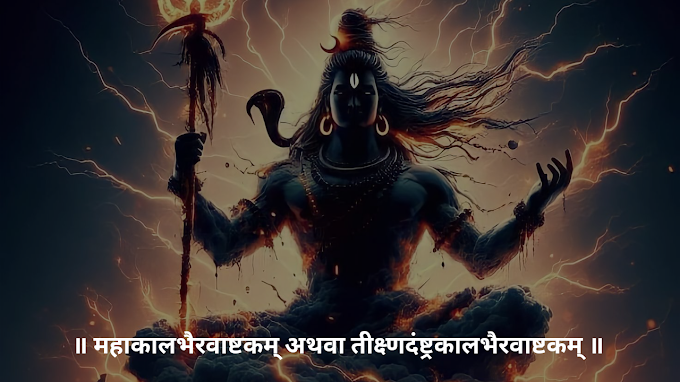India is the world's largest democratic nation. The power to make law exists with the Indian Parliament. The members of the lower house of Parliament are elected from the direct election while the members of the upper house are elected from the Legislative Assembly of States and Union territories by means of Single transferable vote through Proportional representation.
Originally the constitution envisaged two types of privileges under the article 105 of the Indian constitution. One is freedom of speech in Parliament and the right of publication of its proceedings.
Main Points to concentrate
1. Freedom of speech
2. Immunity from civil and criminal proceedings
3. Right of publication of proceedings.
- Subject to the provisions of this constitution and the rules and standing orders regulating the procedure of Parliament, there shall be freedom of speech in Parliament.
- No member of Parliament shall be liable to any proceedings in any court in respect of anything said or any vote given by him in Parliament or any committee thereof, and no person shall be so liable in respect of the publication by or under the authority of either House of Parliament of any report, paper, votes or proceedings
- In other respects, the powers, privileges and immunities of each House of Parliament, and of the members and the committees of each House, shall be such as may from time to time be defined by Parliament by law, and, until so defined shall be those of that House and of its members and committees immediately before the coming into force of Section 15 of the Constitution (Forty fourth Amendment) Act 1978.
- The provisions of clauses ( 1 ), ( 2 ) and ( 3 ) shall apply in relation to persons who by virtue of this constitution have the right to speak in, and otherwise to take part in the proceedings of, a House of Parliament or any committee thereof as they apply in relation to members of Parliament.
Parliamentary privilege refers to rights and immunities enjoyed by Parliament as an institution and MPs in their individual capacity, without which they cannot discharge their functions as entrusted upon them by the Constitution.
- farmer-protest-live-updates
- CAT2020: Read these important things before going to the exam hall
- Modi government gave big relief, Small Business
- New farm laws and conflict between Govt. & Farmers
- Struggle in Drafting Constitution
- Defamation and IT Act








0 Comments
Please do not enter any spam link in the comment box.